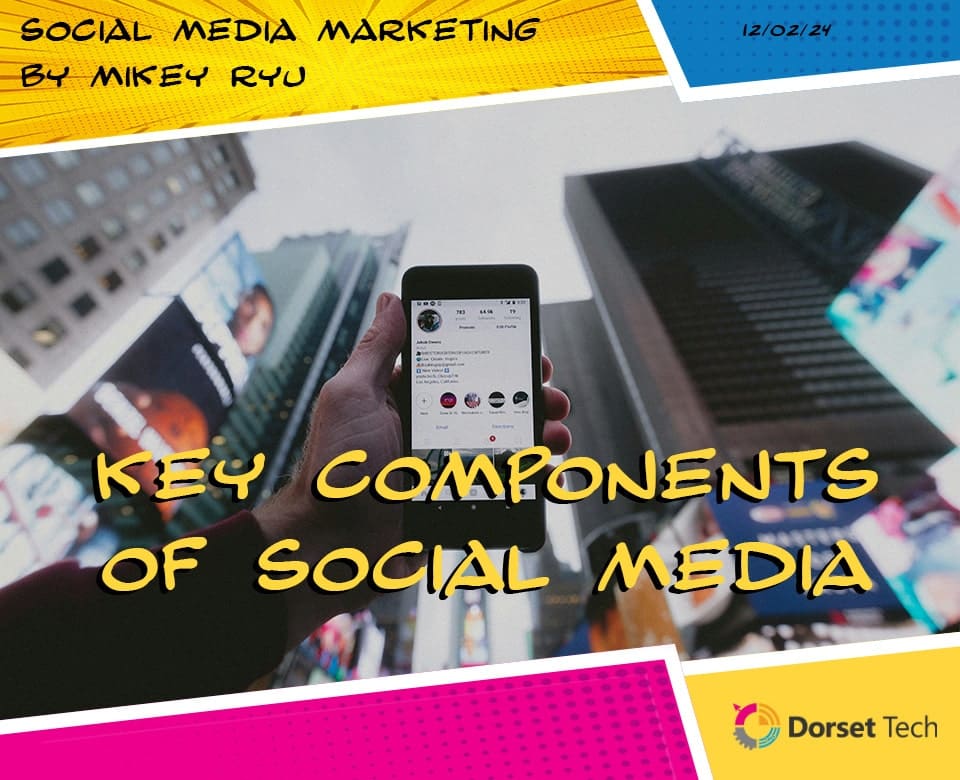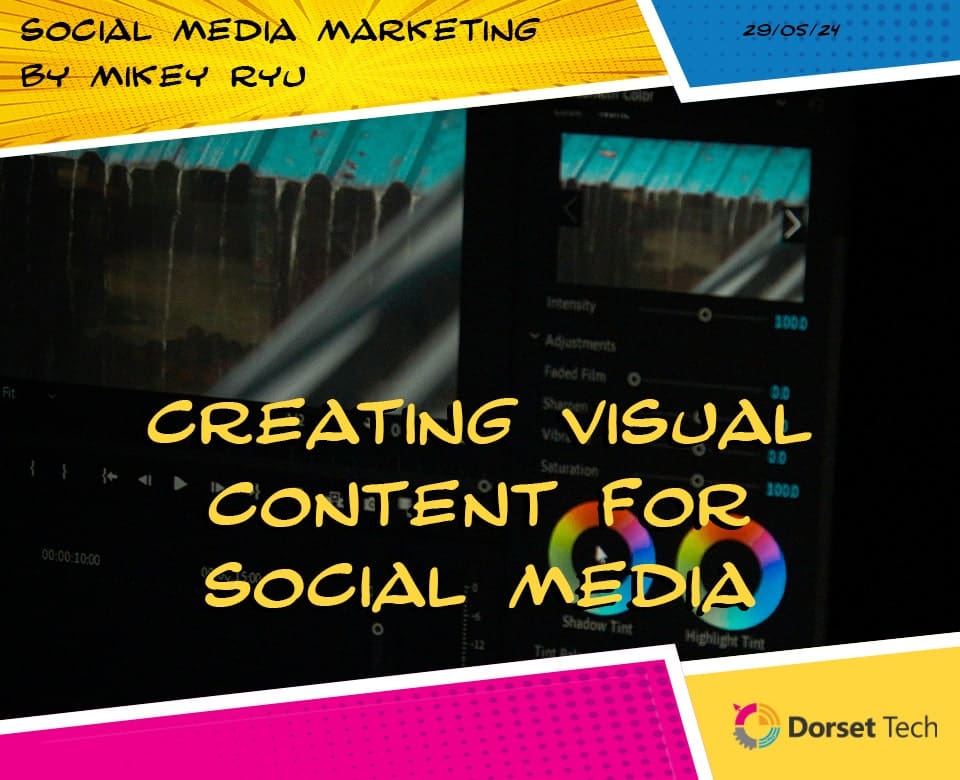
Key Components of Social Media Marketing
In the dynamic world of digital marketing, social media has emerged as a cornerstone of modern marketing strategies. With billions of active users across various platforms, social media marketing offers businesses unprecedented opportunities to connect with their audience, build brand awareness, and drive engagement. However, successful social media marketing entails more than just posting occasional updates or sharing random content. It requires a strategic approach encompassing various key components. In this blog, we’ll explore these essential elements that form the backbone of effective social media marketing campaigns.
1. Content Strategy:
At the heart of social media marketing lies content strategy. Creating high-quality, relevant, and engaging content is crucial for capturing the attention of your target audience and encouraging interaction. Your content should align with your brand identity, address the interests and pain points of your audience, and offer value. From informative articles and captivating visuals to entertaining videos and interactive polls, diverse content formats can cater to different audience preferences and keep them coming back for more.
2. Audience Research and Targeting:
Understanding your audience is paramount for crafting tailored social media campaigns that resonate with your target demographic. Conducting thorough audience research helps identify their demographics, interests, behaviours, and pain points. Armed with these insights, businesses can create content that speaks directly to their audience’s needs and preferences. Additionally, social media platforms offer advanced targeting options, allowing businesses to reach specific audience segments based on factors like age, location, interests, and online behaviour.
3. Community Engagement:
Social media is inherently social, and fostering genuine interactions with your audience is essential for building a loyal community around your brand. Actively engage with your followers by responding to comments, addressing queries, and initiating conversations. Encourage user-generated content by featuring customer testimonials, reviews, and user-submitted photos or videos. By nurturing a sense of community, businesses can cultivate brand advocates who not only promote their products or services but also contribute to a positive brand image.
4. Consistent Brand Identity:
Maintaining a consistent brand identity across all social media channels is crucial for reinforcing brand recognition and trust. From your profile imagery and tone of voice to your messaging and visual aesthetics, ensure coherence in how your brand presents itself online. Consistency fosters familiarity and strengthens your brand’s positioning in the minds of your audience. Whether it’s a playful and lighthearted tone or a professional and informative approach, stay true to your brand’s personality across every interaction.
5. Data Analysis and Optimisation:
Data-driven decision-making is a cornerstone of effective social media marketing. Leverage analytics tools provided by social media platforms to track key metrics such as engagement, reach, click-through rates, and conversions. Analyse these metrics to gain insights into what content performs best, which audience segments are most responsive, and what strategies yield the highest ROI. Use this data to refine your social media strategy, optimise content, and allocate resources effectively for maximum impact.
6. Paid Advertising:
While organic reach on social media is valuable, paid advertising can amplify your brand’s visibility and reach a broader audience. Social media platforms offer a variety of advertising options, including sponsored posts, display ads, and promoted content. These advertising solutions allow businesses to target specific demographics, interests, and behaviours, ensuring that their messages reach the most relevant audience segments. Incorporating paid advertising into your social media marketing strategy can complement organic efforts and drive measurable results.
In summary, successful social media marketing requires a strategic approach that encompasses content strategy, audience research, community engagement, brand consistency, data analysis, and paid advertising. By focusing on these key components and continuously adapting to evolving trends and consumer preferences, businesses can harness the power of social media to effectively engage their audience, build brand loyalty, and drive business growth in today’s competitive digital landscape.





















